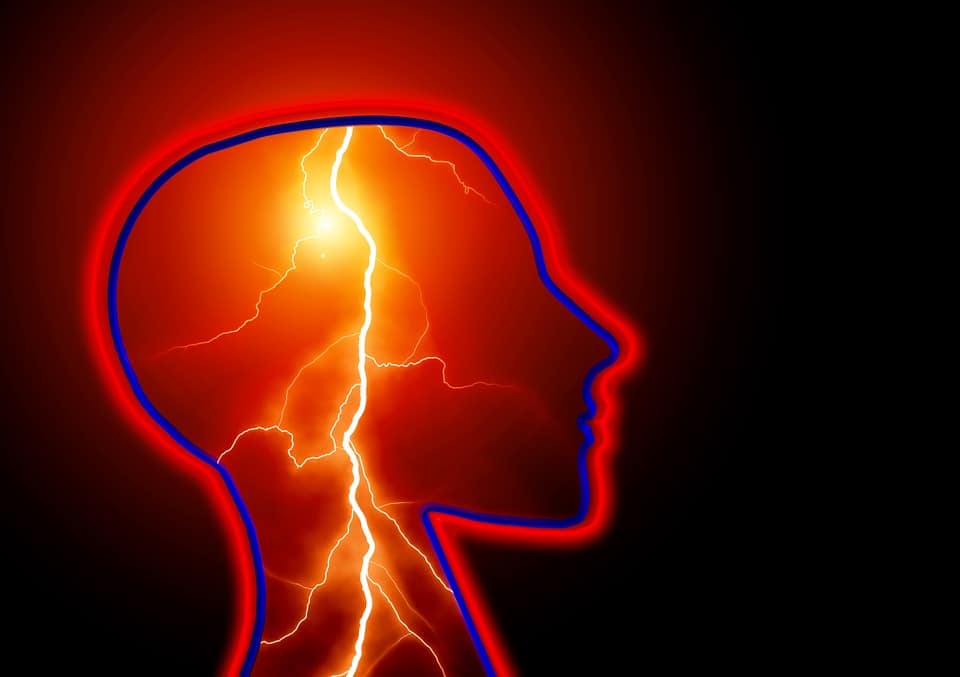
Cannabidiol drug found to aid in devastating childhood epilepsy condition
pharmafile | May 25, 2017 | News story | Research and Development | GW Pharmaceuticals, cannabidoil, epilepsy
A treatment derived from cannabis has been found to produce remarkable results in children who have epilepsy. Cannabidoil, when offered as a therapy was found to reduce the number of seizures experienced by half and even stopped seizures in some children completely.
The children that took part in the trial had Dravet syndrome, a particularly dangerous form of epilepsy that is so severe that most with the condition do not live beyond 20 years old. The syndrome frequently causes grand mal seizures that lead to a total loss of bodily control, potentially damaging the brain and leading to severe health problems.
The study involved 120 children between the ages of 2 to 18 who had been treated, on average, by four different anti-epileptic drugs without successfully managing their condition. The children were separated into two groups, with one taking placebo and the other taking Epidiolex (the name of GW Pharmaceuticals’ treatment).
Results of the study found that over the 12-week treatment period, those patients taking Epidiolex displayed a reduced median number of monthly convulsive seizures from 12.4 to 5.9. The placebo control found that the seizure rate changes from 14.9 to 14.1.
“Dravet syndrome is one of the most difficult types of epilepsy to treat and many of the children in this study were experiencing dozens, even hundreds, of seizures per month despite taking multiple concurrent anti-epileptic medications,” said Orrin Devinsky, NYU Langone Medical Center’s Comprehensive Epilepsy Center and lead author of the study. “These results suggest that Epidiolex can provide clinically meaningful benefits and I look forward to the prospect of an appropriately standardized and tested pharmaceutical formulation of cannabidiol available as a treatment option for these patients.”
The product, despite being derived from cannabis, does not contain any of the THC compound that produce the psychoactive effects associated with the plant. The main side-effects of the drug were reported as being vomiting, diarrhoea and a loss of appetite.
GW Pharmaceuticals are expected to file an NDA for Epidiolex with the FDA imminently on the back of this positive data for the treatment. If the application is approved, it could impact more than just those able to receive the treatment – it would open up a range of issues for US drug policy.
Cannabis is currently a Schedule I drug and is bracketed there as a result of having no medicinal value. An approval of a medicine derived from cannabis would undermine this, unless authorities reschedule only cannabidoil – leaving cannabis itself as a Schedule I drug.
Regardless of the debate that will ensue, the results are positive for the UK-based GW Pharmaceuticals that has already received Orphan drug Designation and Fast Track Designation for Epidiolex. Beyond this treatment, it also has compounds going through Phase 1 and 2 trials in glioma, schizophrenia and epilepsy.
Ben Hargreaves
Related Content

Angelini Pharma and JCR Pharmaceuticals partner to develop new epilepsy therapies
Angelini Pharma and JCR Pharmaceuticals have announced that they have entered into an exclusive global …

Epilepsy drug receives MHRA marketing authorisation
The MHRA has granted marketing authorisation (MA) for Ontozry (cenobamate) for the treatment of focal-onset …

Accure Therapeutics’ drug candidate can slow epilepsy progression, study shows
Accure Therapeutics, an R&D pharmaceutical company in the central nervous system (CNS) field, has announced …








